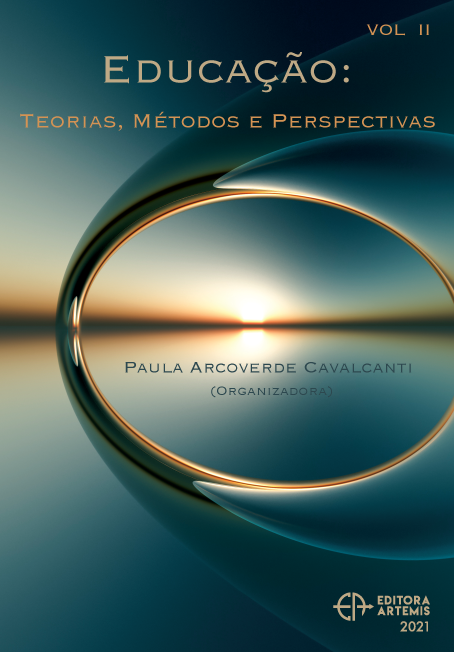
EFICACIA DE LAS PREGUNTAS EN EL APRENDIZAJE DE FÍSICA EN ESTUDIANTES DE INGENIERÍA
La presente analiza la eficacia del aprendizaje basado en preguntas en física, en las estrategias de procesamiento de la información y el tipo de aprendizaje adquirido por los estudiantes, aquí se muestra la forma de implementar el aprendizaje basado en preguntas en clases de física como indicador de aprendizaje significativo. Donde se considera diferentes tipos de preguntas, las tres primeras son: fácticas, comprensión y creativas que a su vez se subdividen en cinco categorías: interpretación, aplicación, análisis, síntesis y evaluación, abarcando todos los niveles de conocimiento. Se inicia con la presentación de una situación problema contextualizada, que sirve de eje conductor de la unidad programática a estudiar a través de una secuencia de cuestiones, que van desde la exploración del conocimiento previo a la transferencia de contenidos en situaciones nuevas. Estas se estructuran una guía de preguntas para enseñar y aprender los contenidos de la unidad, con la finalidad de cambiar la dinámica cerrada de transmisión acabada de conocimiento, por unas más participativa. Los resultados de la implementación sistemática en los últimos 8 semestres, muestran evidencia de su impacto en algunas de las categorías de las variables en estudio, y los estudiantes opinan favorablemente sobre esta propuesta.
EFICACIA DE LAS PREGUNTAS EN EL APRENDIZAJE DE FÍSICA EN ESTUDIANTES DE INGENIERÍA
-
DOI: 10.37572/EdArt_1804213165
-
Palavras-chave: Física. Contextualización, Preguntas, Procesamiento de la Información, tipo de aprendizaje
-
Keywords: Physics. Contextualization, Questions, Information Processing, type of learning
-
Abstract:
This present analyzes the effectiveness of question-based learning in physics, in information processing strategies and the type of learning acquired by students, here it is shown how to implement question-based learning in physics classes as an indicator of meaningful learning. Where different types of questions are considered, the first three are: factual, understanding and creative, which in turn are subdivided into five categories: interpretation, application, analysis, synthesis and evaluation, covering all levels of knowledge. It begins with the presentation of a contextualized problem situation, which serves as the guiding axis of the programmatic unit to be studied through a sequence of questions, ranging from the exploration of prior knowledge to the transfer of content in new situations. These are structured as a guide of questions to teach and learn the contents of the unit, in order to change the closed dynamic of the transmission of knowledge, for a more participatory one. The results of the systematic implementation in the last 8 semesters show evidence of its impact on some of the categories of the variables under study, and the students have a favorable opinion about this work proposal.
-
Número de páginas: 21
- Ivan Sanchez Soto

